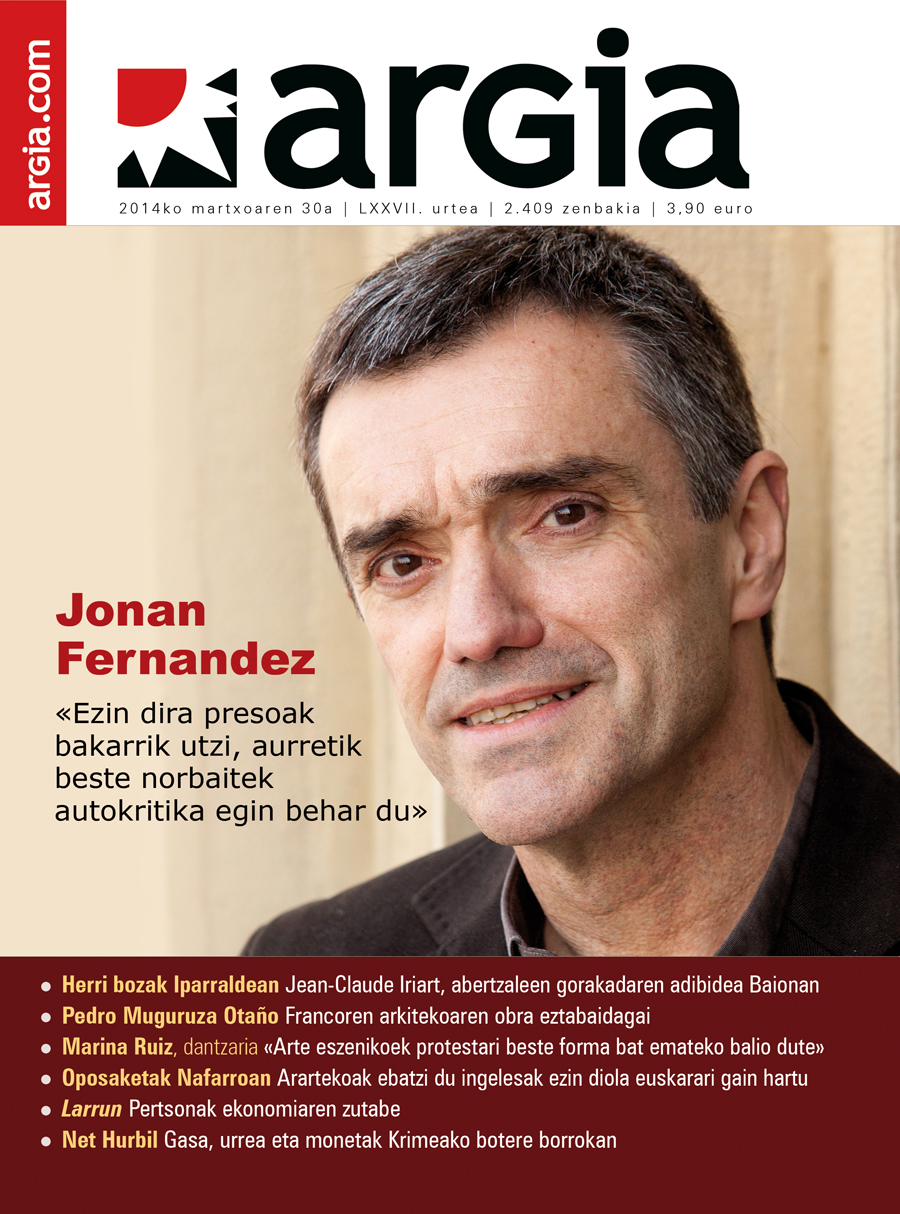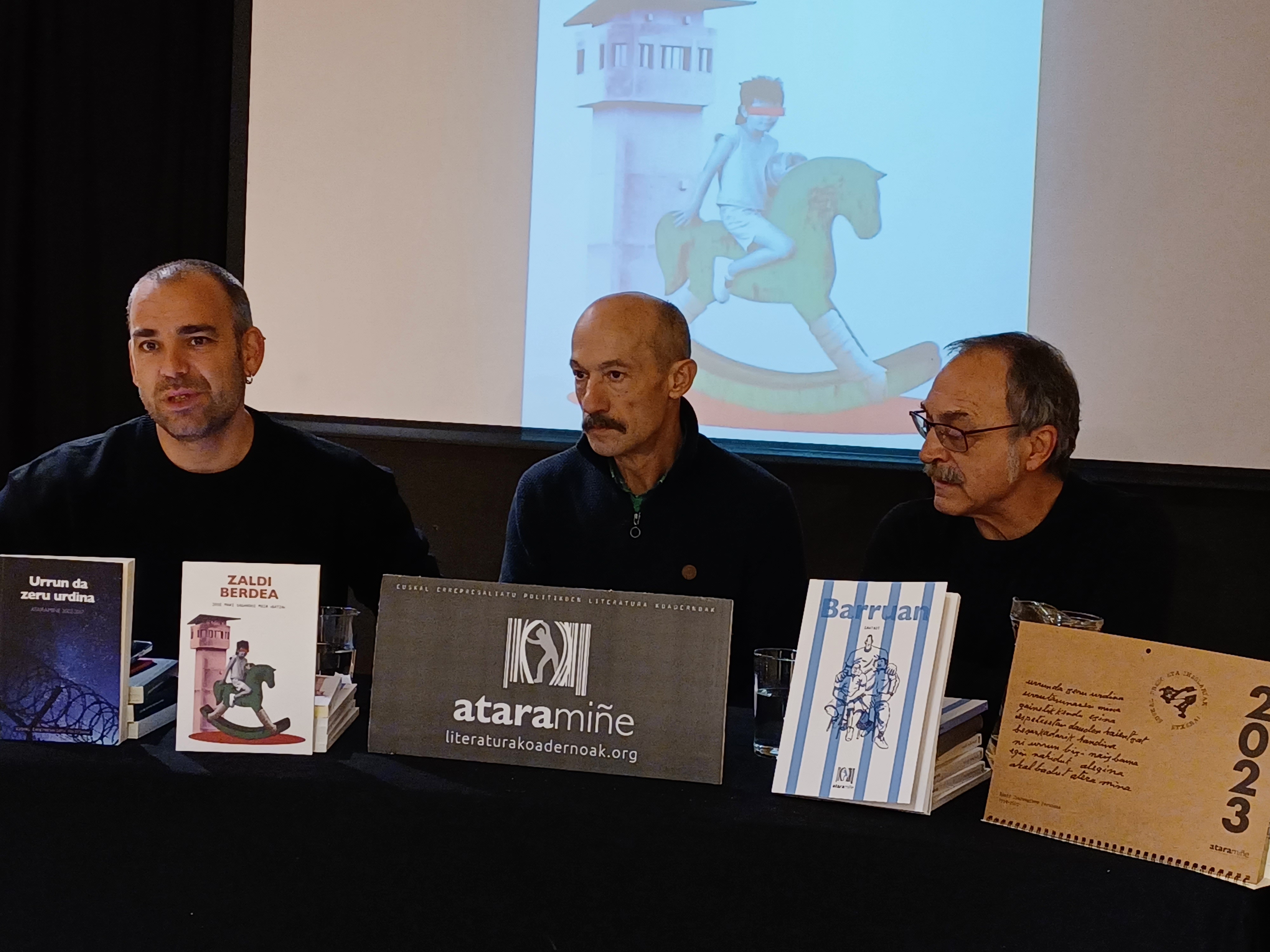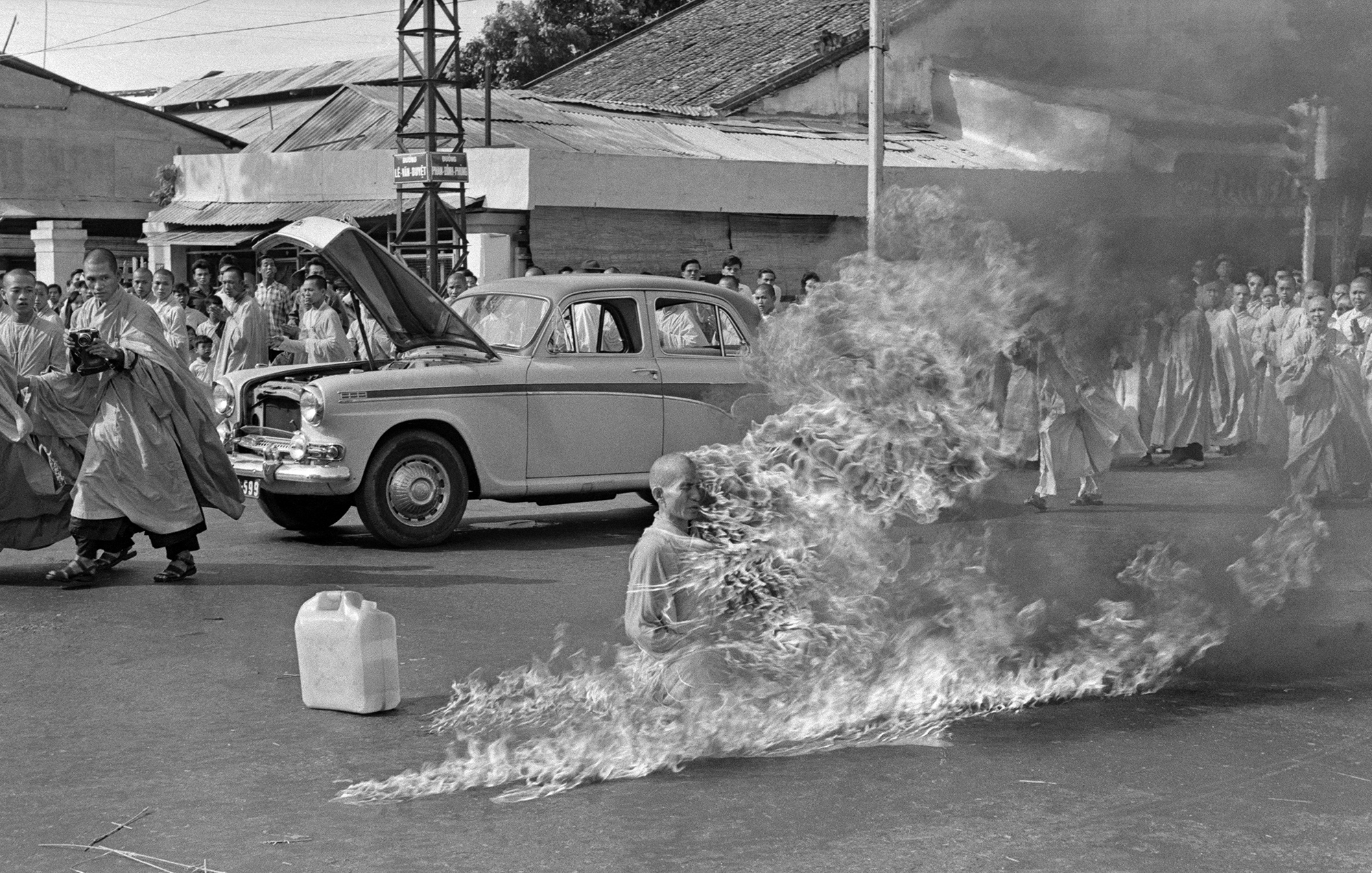Symbolic passage of fugitives
The first reading of the municipal elections in Ipar Euskal Herria has shown an increase in both the number of votes and the percentage of Basque candidates. In general, inland are the territories where the best results of the Abertzales are given and on this occasion they have also advanced on the coast, exceeding 10% in Baiona. Also noteworthy are the cases of Uztaritze and Ziburu, where the joint list of left and left abertzales reaches 38% of the votes and the second 21%. Also noteworthy are the results of Donibane Lohizune, Urruña, Arbona and Baigorri, who in the last two municipalities have achieved the mayor's office in alliance with other sectors and in the case of Baigorri in the first round.
In Angelu and Biarritz the results of the Abertzales have not been good, as in those areas a part of nationalism is directed at the centrist candidates. Now we will have to see how alliances and support are exchanged in the second round of next Sunday. In this regard, the votes of the Abertzales will be more decisive than ever in many peoples. From the point of view of votes, nationalism remains a minority in Iparralde, but the trend of recent years indicates that its presence is increasing, that it is in an increasing number of municipalities and that its conceptions are increasingly common in society. Moreover, when it joins other sectors, it becomes a series of dominant or very significant social conceptions in many areas, such as agriculture or spatial planning and, in general, in many of the values and models of alterglobalism. The Alternative Day held last fall in Baiona, for example, can be a sign of such alliances.
The decision of dozens of escapes was also made news last weekend, and at the plenary session held in Arrangoitze, about 80 fugitives announced that they would go to their places of origin in Hego Euskal Herria, which marked the symbolic end of their getaway career.
Today, it is a question announced by 20% of the people who have fled their countries because they supposedly had to do with ETA or other organizations on the Abertzale left. The truth is that, although it has been by droplets and making as little noise as possible, many of the fugitives have returned earlier to their homeland or to another city in the South. This step of the members of the Group of Basque Political Fled (EIPK) has its importance in the field of symbology, as it formalizes the return of the escaped people. With less media noise and different characteristics, but also in the context of prisoners, it has frequently been repeated that tensions have arisen in the heart of the Abertzale left around the lap, because some believe that the causes that forced them to leave have not yet been overcome. In short, this latter movement is the result of the decision taken by the EIPK last summer in Biarritz, which is fundamentally symbolic both within the Abertzale left and in the peace process, but which still does not give the key to the return to the rest of the flight, because that key, as in the case of the prisoners, is primarily in the hands of the Spanish Government.
Christian Felber is the author of the prestigious book of Economy for the good of all. Interviewed on Sunday by La Vanguardia, among other things, reflects on the downward trend in current wages in the West and the number of working hours, demonstrating that the pressure against wages is also contrary to the demand to work less. In his view, it would take a working week of between 30 and 33 hours:
“Reducing the working day gives us time to develop social relationships or other activities that satisfy us. This is for everybody's sake, for quality of life. But workers with lower wages cannot maintain the reduction in working hours (and incomes). We have to ensure in advance that everyone earns enough to live and, then yes, work less and stop the production of certain harmful things.”
And this necessarily requires the socialization of a reflection: How much is it to earn enough to live today and here?
Euskal errefuxiatuei laguntzeko 1960ko hamarkada amaieran sorturiko Anai Artea elkartearen historia laburbiltzen duen liburua argitaratu du Elkarrek. Txomin Hiriart-Urrutyk egindako ikerketa da eta Joseba Sarrionaindiaren sar hitza ere badu. Liburuaren harira Juan Mari Arregik,... [+]
Asteartean jaso zuen Venezuelako Gobernuaren erabakia. Bere herritartasuna eta 13 urteko bere semearena onartzea eskatuz abiatu zuen gose greba mugagabea abenduaren 3an.
Venezuelan dagoen Asier Guridi Zaloña euskal iheslari politikoak abenduaren 3an gose greba abiatu duela jakinarazi du. Caracas hiriburuko Espainiako kontsuletxearen aurrean dago, bere eskubideak eta 13 urteko bere semearenak aitortuak izan daitezen eskatzeko. 2005ean... [+]

























